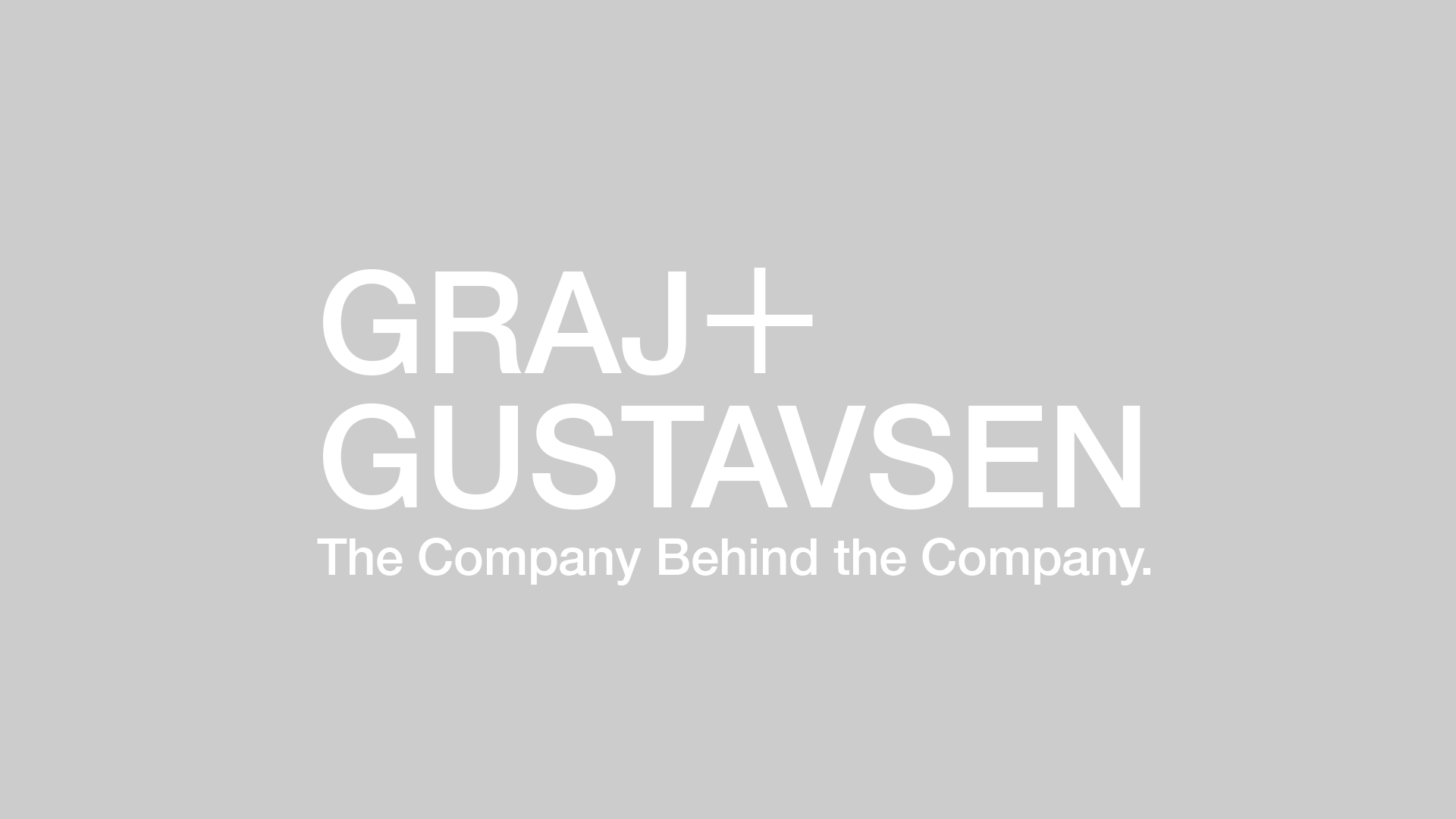When any upheaval happens, human nature – and most of the media – err on the side of extreme reactions. On February 21, the Bloomberg financial website presented an astute analysis: “Even in the midst of what may become the worst recession in the postwar era, Americans still have the means to enjoy more luxuries than their parents or grandparents did a half-century ago.” In 1955, for example, 43 percent of income went to housing. Today it’s 33 percent.
Some consumers, it is certain, are in desperate shape. Most, however, are experiencing what I would term “intense financial pressure.” While they may try to modify some of their behaviors, they are also certain to fight aggressively to maintain parts of their lifestyle acquired over decades of comfort and prosperity.
The mortgage meltdown will make the home an even more valuable family center, but people will expect the home to work harder to justify its value. More people will work at home. It will be equipped with the latest computer and communications technology. But it will also be outfitted with rain-water barrels, solar shingles, wood-burning stoves, and durable, natural fabrics. The new priorities in home investment may be practical, but they will hardly be simple-minded.
Stores will need to work harder, too. After decades of cookie-cutterism and draining the brains out of retail locations, stores will once again become vibrant community centers and repositories of life-enhancing skills and expertise. Also, stores destined to win applause are those that take aggressive economic stands on behalf of the consumer. Acoording to Wikipeda, ”Costco caps its profit margin on most products at 14% or 15%, but generally limits price markup on products from 8%-10%.” What a way to vote with the consumer! This is a stance I expect more retailers to embrace.
Finally, brands will have to work harder. The economic slowdown won’t decelerate the information age. These days brands are increasingly mobile and interactive with their audience. The key metric becomes: How well does a brand thrive as it tumbles through digital space? That means intelligent brand-extensions that exploit both utility and value.


